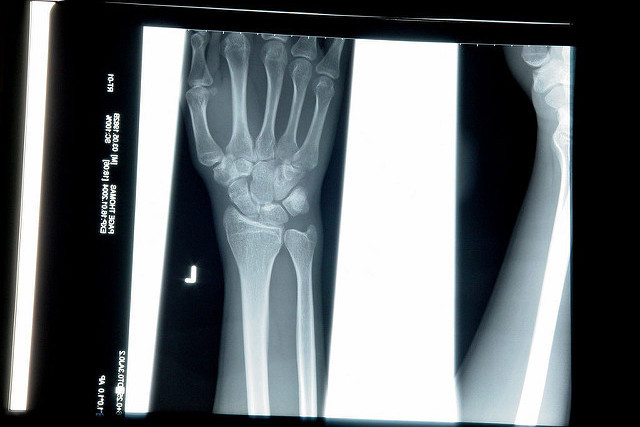Employees of European institutions are covered by a separate health insurance scheme than employees of private firms and Luxembourg civil servants.
The European system does not include the same fee caps on medical services as the national systems, according to EU civil servants.
“Those of us who are not clients of the Luxembourg Caisse Nationale de Maladie (CNS) are systematically charged [an] extra 15% for […] medical visits and even more for some special treatments,” Anna Sabadash, who works at an EU institution, wrote on the Luxembourg Expats Facebook group on 19 April.
“This protectionist measure inflates our (already very high) medical bills,” she stated.
Sabadesh was encouraging expats to sign public petition 765. The measure was submitted by Patrick Vanhoudt, who works for a different EU body.
The petition calls for Luxembourg’s Chamber of Deputies to pass legislation that would “eliminate all forms of price discrimination for the same medical services, where the sole reason is coverage by a health insurance fund that is not a national insurer”.
Insurance contributions
Several other members of the Luxembourg Expats Facebook group were skeptical of the cause. Many pointed out that EU civil servants do not contribute to Luxembourg’s social security system. One posted: “This petition seems to be a case of wanting to have one’s cake and eat[ing] it!”
However, Sabadash replied that EU employees do make social insurance contributions, just to another system, and the petition only covers what health providers charge, not who pays for it. “A friend of mine paid 250 euros for a test done [on] his epileptic kid, while the CNS clients pay only 50 for the same [exact] test,” she wrote in a follow-up post on 20 April.
Petition process
Citizens and non-Luxembourg nationals, who are at least 15 years old and have a national registration number, can submit and sign petitions to parliament. Petitions that receive more than 4,500 valid signatures receive a parliamentary committee hearing, although MPs are not obliged to take any particular action.
As of this writing, the health insurance petition had received 5,134 signatures. If more than 4,500 are verified as valid, then MPs will schedule a hearing.
The signature period for public petition 765 closes on Monday 22 May.
